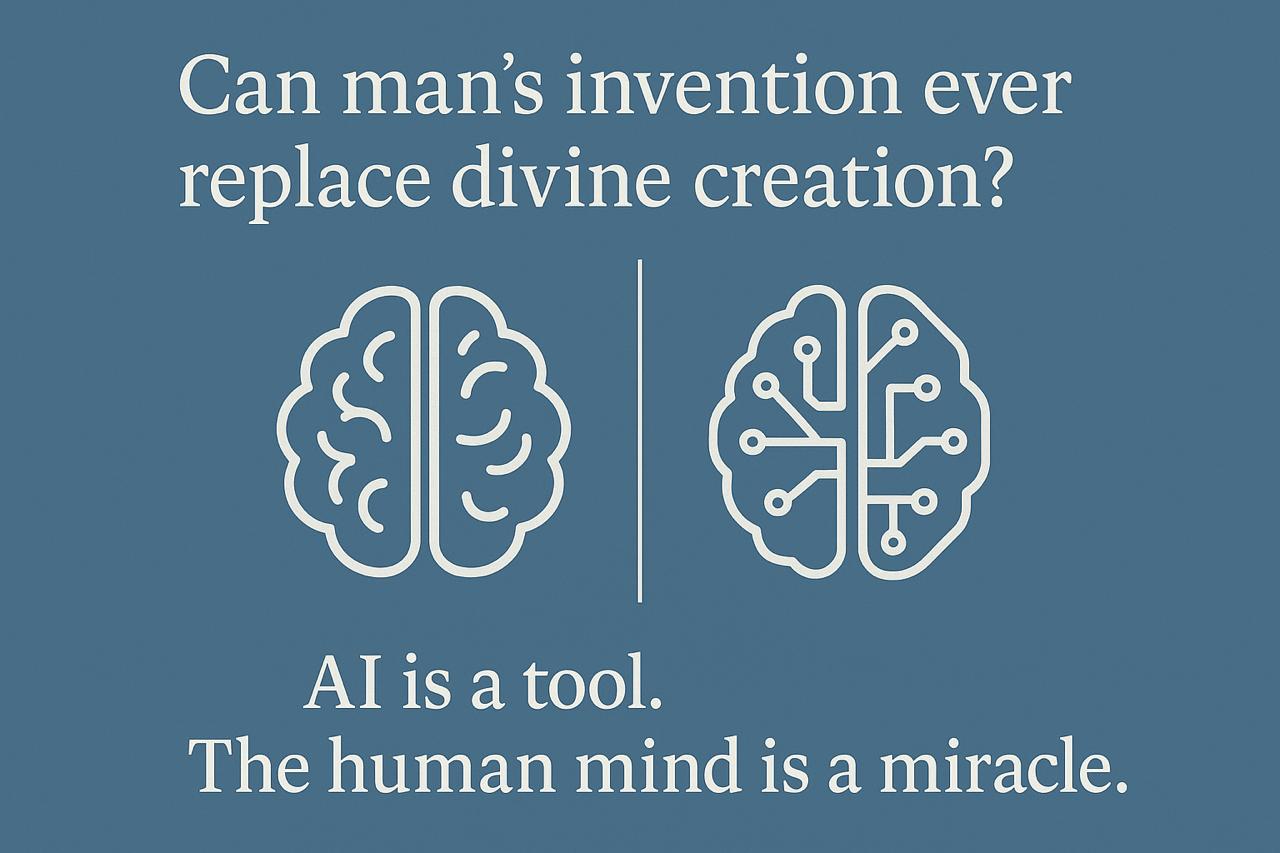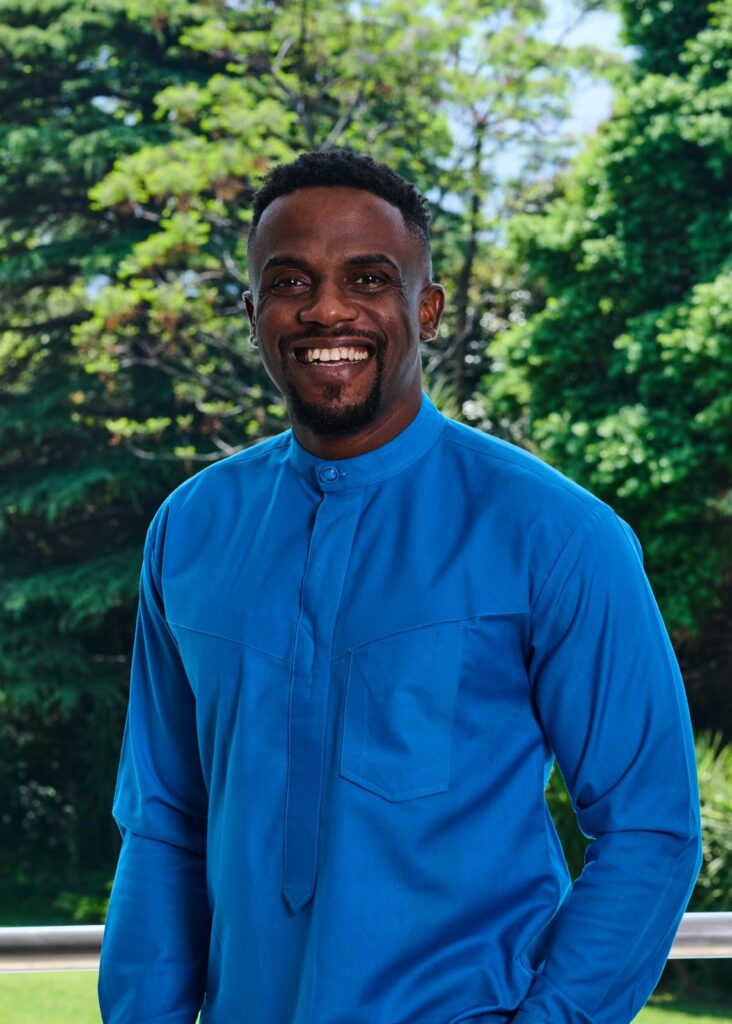Socrates: Tell me, my friend, what is this thing called AI that everyone speaks of?
Student: AI stands for artificial intelligence. It is a machine that can learn, think, and perform tasks — sometimes even better than humans.
Socrates: That sounds impressive. But let me ask you: who made this AI?
Student: Humans did. Scientists, engineers, and programmers built it.
Socrates: Ah, so it is a human creation. Then can something created by man be greater than man himself?
Student: Well… some say AI can think faster, remember more, and work without sleep. Doesn’t that make it greater?
Socrates: Tell me then — does speed equal wisdom? Does memory equal judgment? And does working without rest make one truly alive?
Student: No… I suppose not. Wisdom and judgment are more than speed or memory.
Socrates: Exactly. Now, consider this: can AI feel love, regret, or joy? Can it write a poem because it misses someone? Can it make a sacrifice for another?
Student: No, it cannot. It does not have feelings or a soul.
Socrates: Then can we say it has a mind? Or merely a pattern of prediction?
Student: It has no mind — it only mimics thinking.
Socrates: Then why do some believe it can become like us — or even replace us?
Student: Maybe because it can do things we once thought only humans could do. Like write essays or paint pictures.
Socrates: But is copying the same as creating? And is simulating understanding the same as having it?
Student: No, copying is not creating. And imitation is not understanding.
Socrates: Well said. So if AI is man’s invention, and man is God’s creation, can the invention rise above the Creator’s own image?
Student: I see now. The human mind — with its emotions, thoughts, creativity, and soul — cannot be replaced by a tool, no matter how advanced.
Socrates: Then let us ask one final question: What is the purpose of AI?
Student: Perhaps… to help us. To make work easier. To support human progress.
Socrates: A wise answer. Tools serve the maker, not the other way around. AI can enhance the human mind — but never become it.
Student: So the real task is not to chase the illusion that machines will become like us, but to use them wisely — to build, to heal, to create, to serve.
Socrates: Just so. Let man remember he is more than a machine — and no machine, no matter how powerful, can match the depth of a soul formed by God.
AI is extraordinary — a gift of human imagination. But it is not alive. It cannot dream, hope, forgive, or believe. We must not confuse intelligence with humanity.
Instead of trying to make AI replace us, let’s make it support us — so we can become more human, not less.


